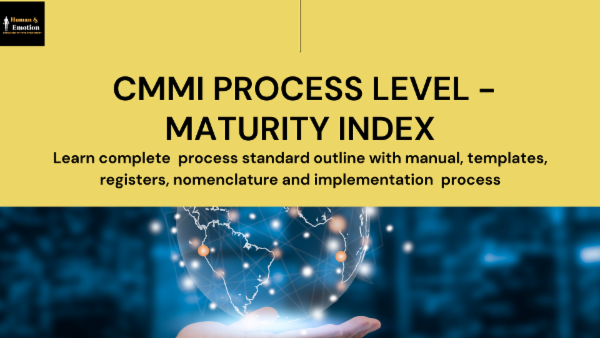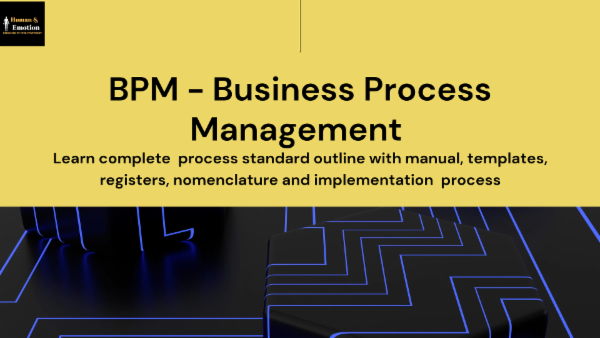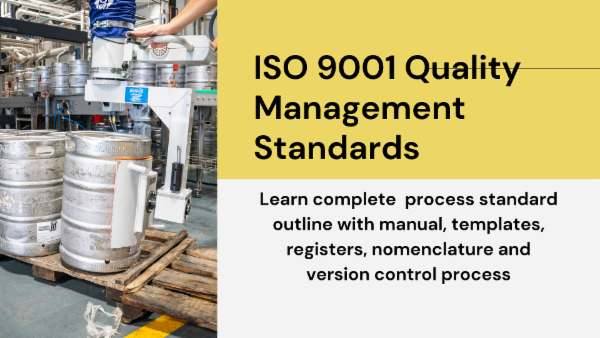There are no items in your cart
Add More
Add More
| Item Details | Price | ||
|---|---|---|---|
Comprehensive Skill Development package to move towards the career goal of becoming COO
Language: English
10% Cashback as HandE Coins
Why this course?
Becoming a Chief Operating Officer (COO) is a significant career achievement in the field of business and operations management. COOs are responsible for overseeing the day-to-day operations of an organization and ensuring that the company's strategic goals are met efficiently. Here's a "career package" to help you on your journey to becoming a COO:
1. Education and Qualifications:
Bachelor's Degree: Start with a bachelor's degree in a related field, such as business administration, management, engineering, or a discipline relevant to your chosen industry.
Master's Degree: Consider pursuing a master's degree, such as a Master of Business Administration (MBA) with a focus on operations management, or a Master of Engineering Management.
2. Gain Experience:
Operational Roles: Begin your career in operational roles such as operations coordinator, manager, or supervisor.
Progressive Responsibility: Move on to roles with increasing responsibility, such as director of operations, vice president of operations, and similar positions.
Industry Expertise: Develop deep knowledge and expertise in the industry or sector where you aspire to become a COO. Industry-specific experience can be particularly valuable.
Leadership Experience: Develop your leadership skills by managing operational teams and overseeing large-scale projects.
3. Develop Key Skills:
Leadership: Hone your leadership skills, as COOs are responsible for leading operational teams, setting operational strategy, and ensuring that it aligns with the organization's overall goals.
Strategic Thinking: Focus on developing a strategic mindset and the ability to align operational initiatives with the long-term goals of the organization.
Problem-Solving: Enhance your problem-solving and decision-making skills, as COOs often face complex operational challenges.
Financial Acumen: Understand financial concepts and be proficient in budgeting, cost management, and financial analysis.
Project Management: Gain expertise in project management, as COOs are responsible for executing and overseeing various projects.
4. Networking:
Join professional organizations related to operations management and attend industry conferences. Networking can help you stay informed about industry trends and job opportunities.
5. Stay Informed:
Keep up with best practices in operations management, regulatory changes, and industry trends by reading relevant publications and participating in webinars and conferences.
6. Soft Skills:
Develop soft skills such as communication, negotiation, conflict resolution, adaptability, and emotional intelligence, which are essential in COO roles.
7. Continual Learning:
Commit to lifelong learning and professional development. Stay informed about new technologies and practices in operations management.
8. Mentorship:
Seek out mentors who have experience in COO roles or other senior leadership positions. Their guidance can be invaluable in your journey.
9. Job Opportunities:
Look for roles that offer progressively more responsibility and leadership opportunities in operations management.
10. Achieve Success in Current Roles:
Strive for excellence in your current positions, as this will make you a more attractive candidate for COO positions.
Becoming a COO is a long-term career goal that may take years to achieve. However, with the right education, experience, skills, and a commitment to ongoing learning and development, you can work your way up to this influential position in the world of business and operations management.
After successful purchase, this item would be added to your courses.You can access your courses in the following ways :
info@handelearning.com





















